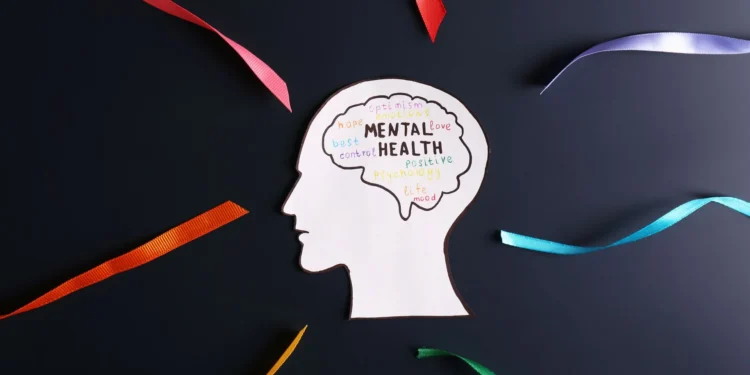Mental health care has often been limited by cost, access, and stigma. Mobile apps are changing that equation, offering millions of people a way to manage their mental health without traditional gatekeepers. From therapy chatbots to mindfulness guides, these tools make support more immediate and more personal. Click here to read about Mental Health and High Performance from an earlier article.
Wysa and the Power of Digital Companionship
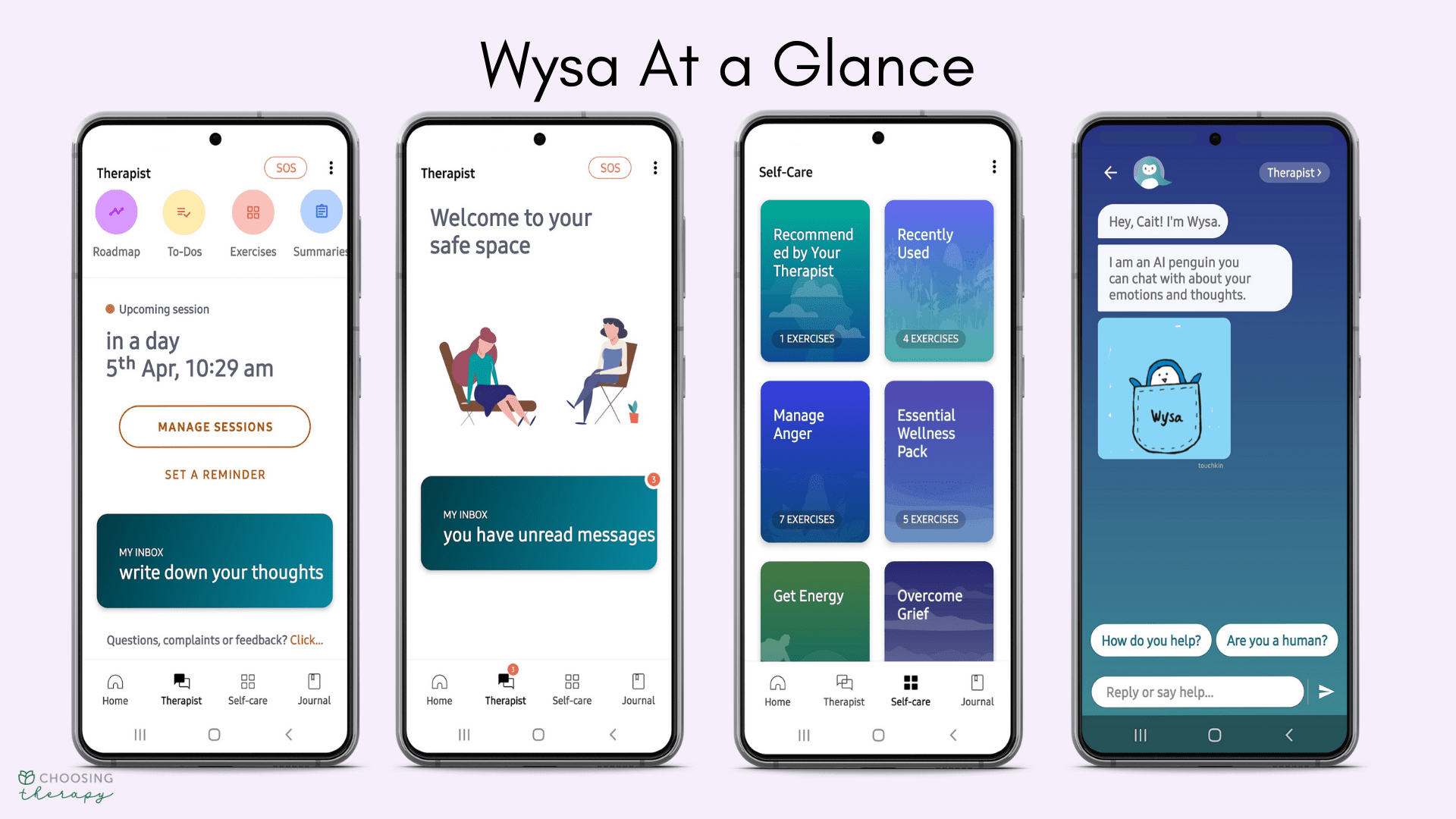
The platform also connects users with licensed therapists when needed, bridging the gap between self-help and professional support.
App Impacts so far:
-
Offers anonymity and privacy for those not ready to speak face-to-face.
-
Reduces stigma by normalising digital conversations.
-
Makes emotional support available at any hour.
Daylio and the Rise of Personal Mood Tracking
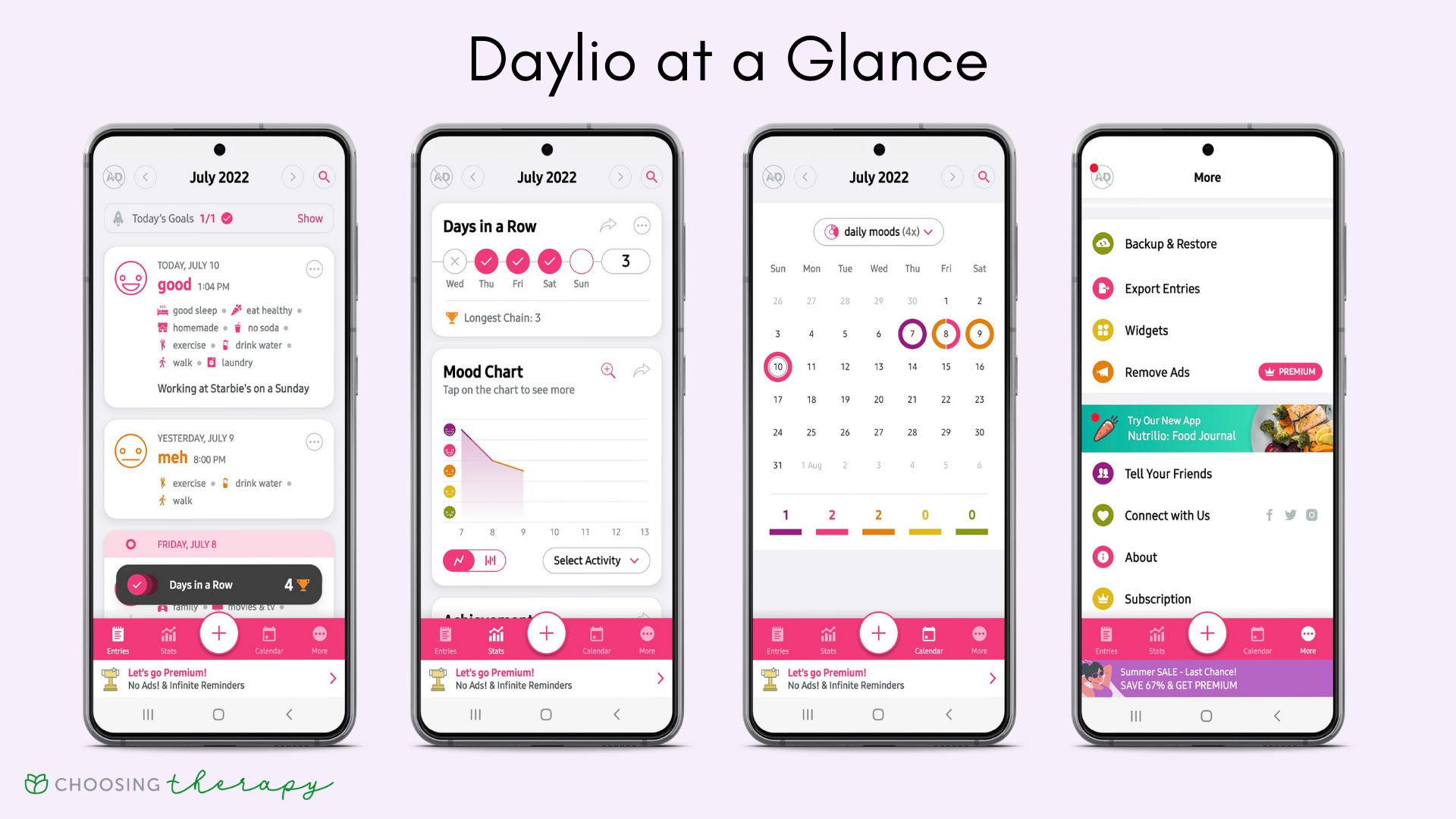
This low-effort journaling tool encourages self-awareness, helping people identify triggers and habits that shape their emotional well-being.
App Impacts so far:
-
Encourages daily reflection without requiring text journaling.
-
Highlights mood trends that can inform therapy or self-care.
-
Keeps mental health monitoring private and personal.
Headspace and the Normalisation of Mindfulness
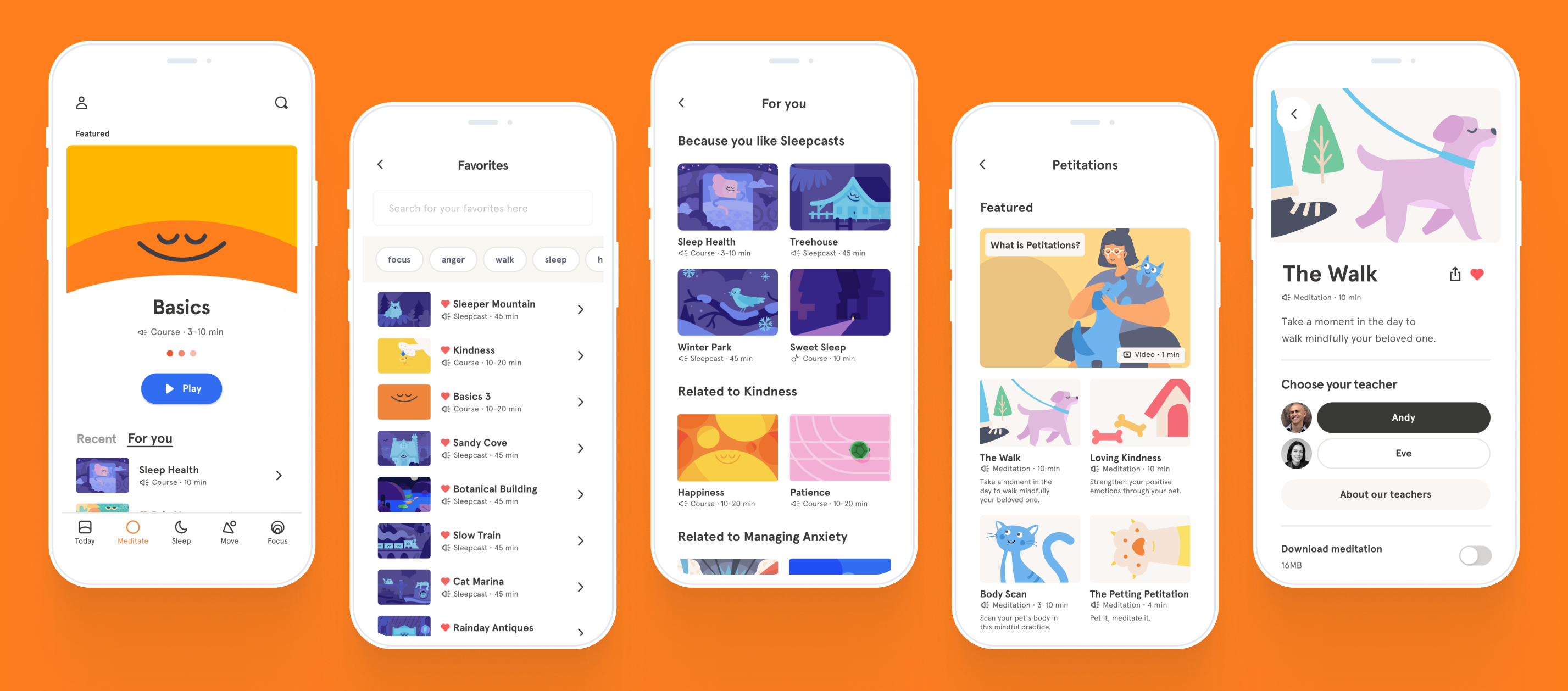
Its global reach and user-friendly interface have made mindfulness more accessible, especially for beginners.
App Impacts so far:
-
Reduces barriers to learning relaxation techniques.
-
Encourages daily mental health maintenance.
-
Helps prevent stress before it escalates.
7 Cups and Peer Support at Scale

The platform’s mix of free emotional support and paid therapy offers flexible pathways for different levels of need.
App Impacts so far:
-
Creates a low-cost entry point to emotional support.
-
Uses anonymity to reduce stigma.
-
Encourages community rather than isolation.
Loóna and the Role of Rest in Mental Health
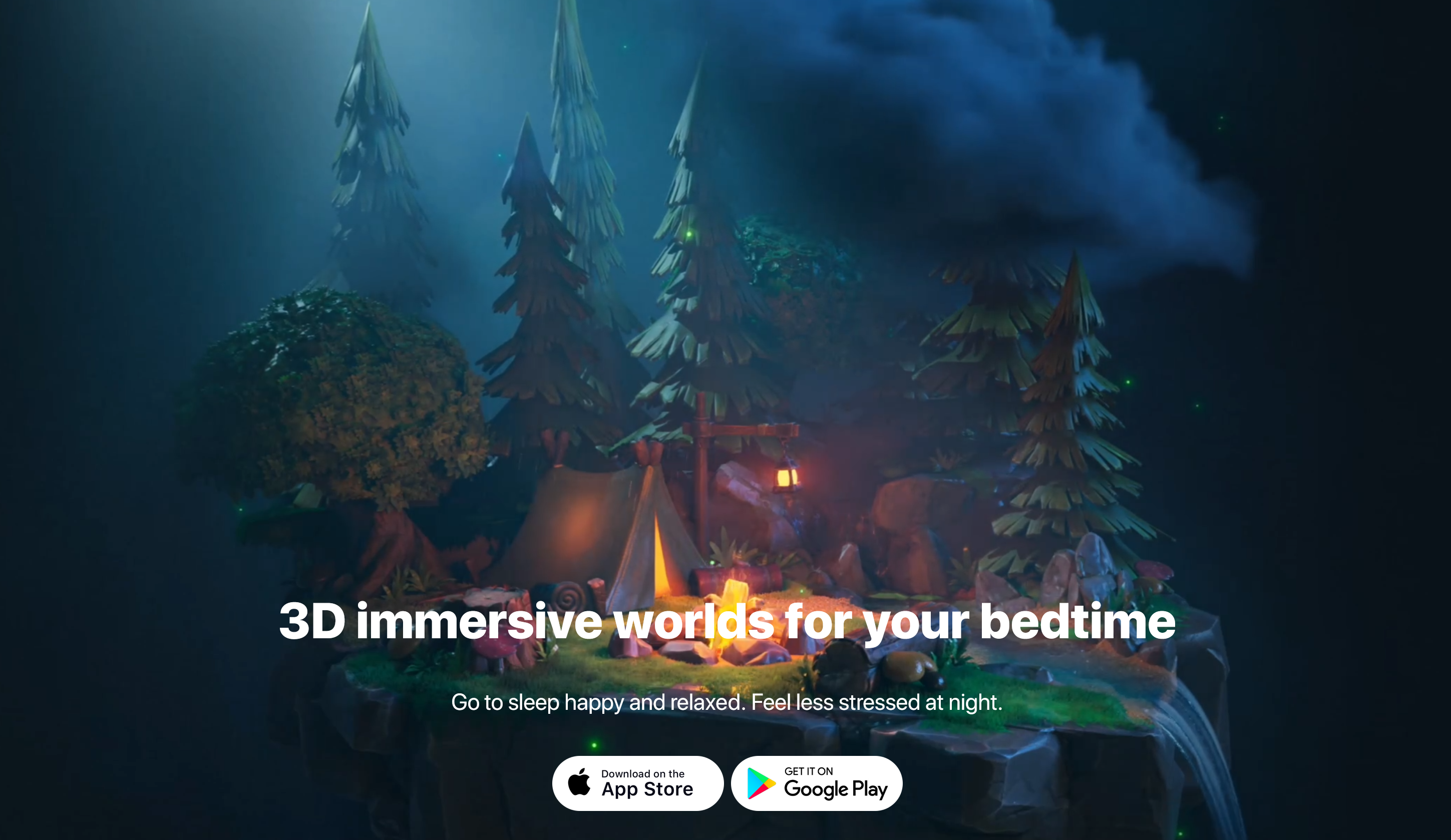
App Impacts so far:
-
Targets stress at its physiological roots.
-
Makes mental rest engaging and accessible.
-
Supports overall emotional balance.
A Broader Shift Underway
The rise of mental health apps reflects a deeper shift in how support is accessed. By lowering costs, offering anonymity, and enabling 24/7 availability, they make care more immediate and less intimidating.
But these tools work best as complements, not substitutes, for professional care. Their real power lies in reaching people who might otherwise go without help.
As demand for mental health support grows, digital platforms will play a critical role in shaping accessible care. Making these tools more culturally relevant, affordable, and regulated will be key to maximising their impact.
Mental health may be deeply personal, but access to care should not be a privilege. These five apps are proving that it doesn’t have to be.

